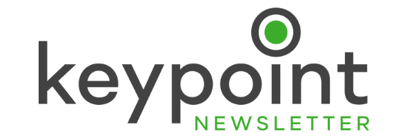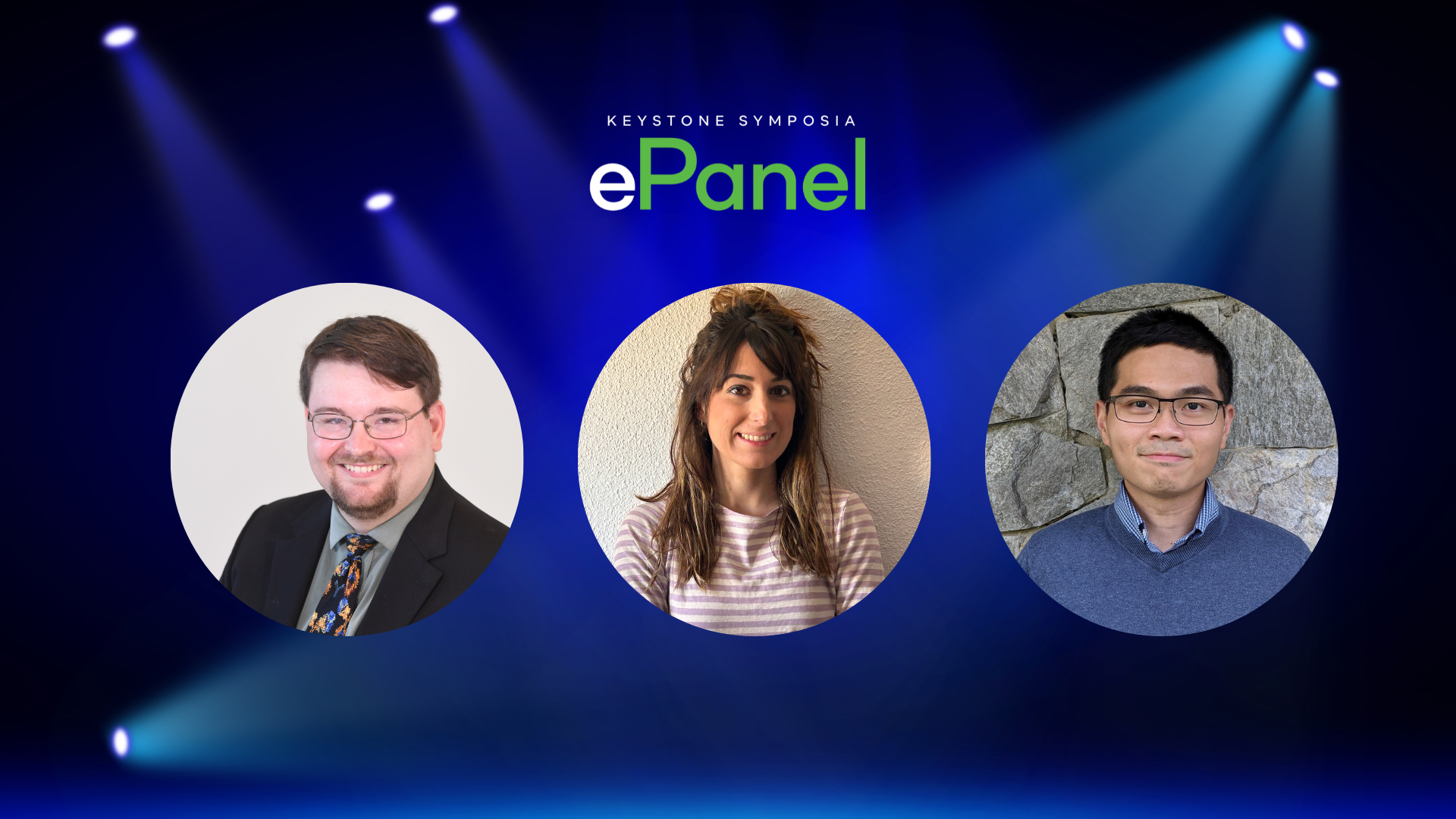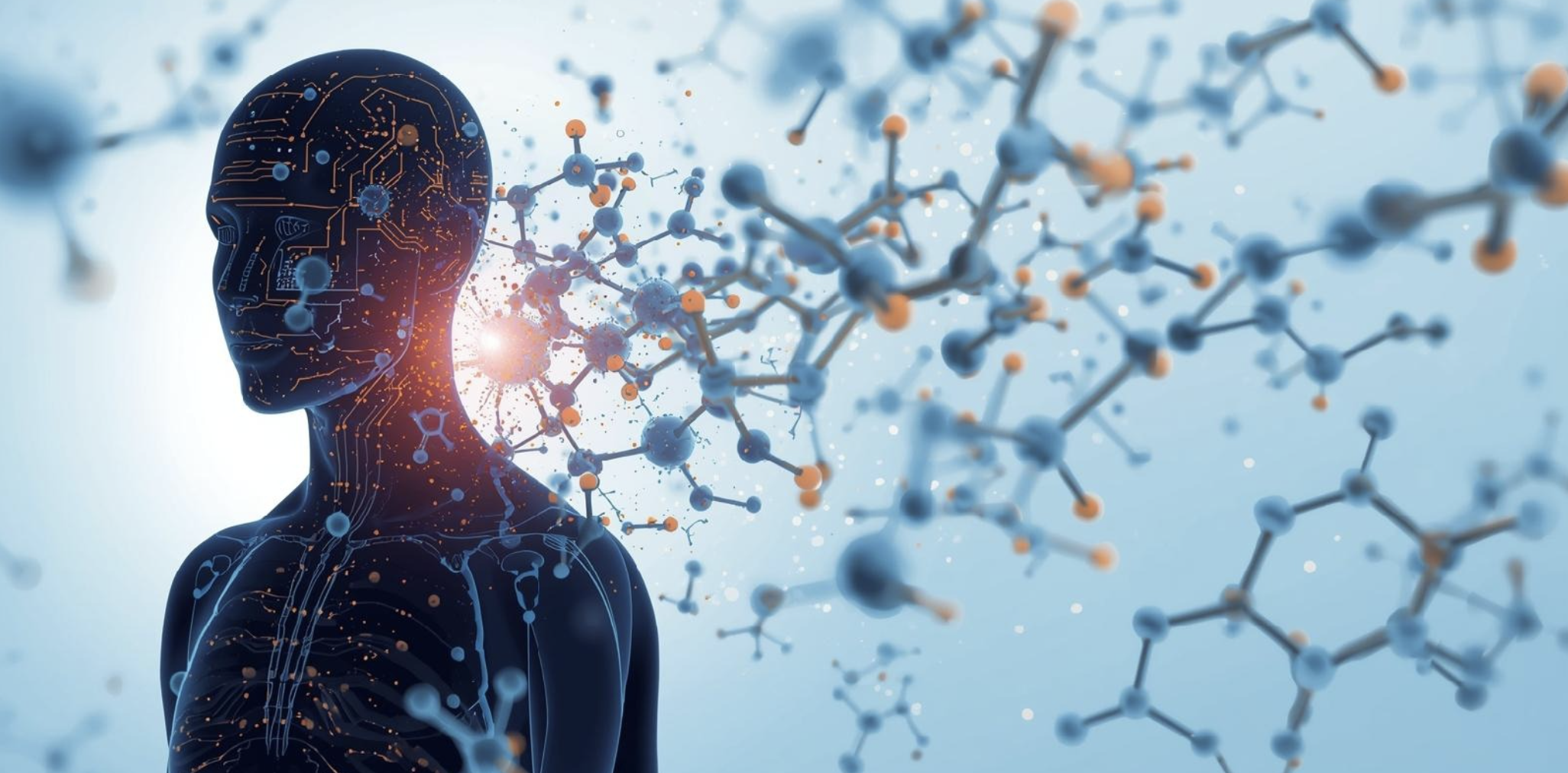Science Advocacy for Biomedical Researchers: Make Your Voice Heard!
While many scientists may feel powerless in today’s political environment, it is crucial to recognize that together we can drive meaningful impact at both local and national levels. This is a pivotal moment to embrace science advocacy and actively work to promote science in the public and political eye. By taking the lead in these conversations, the scientific community can help shape a resilient future for scientific research. However, many scientists are unfamiliar with this political territory, unsure of where to even begin to fight these issues, or where to focus efforts to make any impact.
Here at Keystone Symposia, we have heard these growing, widespread concerns from across the scientific community throughout 2025—from student scholarship awardees unclear of their future in the field, to conference organizers shaken by grant withdrawals and institutional decrees.
To empower scientists with the knowledge and tools they need to fight for science, Keystone Symposia has teamed up with our partners at the Endocrine Society to provide some guidance, ideas and inspiration to get you started.
Watch the interview below with Dr. Joseph Laakso, Director of Science Policy at the Endocrine Society to learn how to fight back against funding cuts and garner support from the public and government representatives alike for investing in science and the resulting benefits to society.
As Director of Science Policy at the Endocrine Society, Dr. Joseph Laakso’s job includes positioning and preparing scientists to engage with policymakers at the federal level on issues that are most important to medical and scientific communities.
Scientists need to be advocates for their work because the federal government is the largest source of funding for research in the United States. Congress needs to hear from scientists themselves about the public health impacts of their work. When researchers can explain their work to the public, policymakers can understand and appreciate what taxpayers’ investments are producing.
-- Dr. Joseph Laakso, Director of Science Policy at the Endocrine Society
Hear more science advocacy insights from Dr. Laakso in this short clip:
Keystone Symposia is proud to support science advocacy alongside the Endocrine Society, to ensure a strong future for not just scientific advancement, but for research careers that are threatened by recent political events. As part of our mission to support both scientific advancement, and the scientific community, that includes supporting investment in these efforts.
While our conferences catalyze scientific breakthroughs by connecting scientists with the knowledge and tools they need to advance their research, we hope we can also serve as a driver of science advocacy by providing scientists with the knowledge and tools they need to stand up for science.
♦
Watch the full length interview below to hear from Dr. Laakso on how to start making an impact, as he answers key questions about science advocacy, including:
> Why is science advocacy important?
> Why do researchers have to be involved?
> Where to begin?
> What to say? And what NOT to say?
> How to rally support? … & more
Full Length Interview with Dr. Laakso
Constituents sending e-mails or calling the office of their representatives is one of the most important and effective things that we all can do as citizens. Medical research is a longstanding bipartisan priority because of the grassroots support it generates.”
-- Dr. Joseph Laakso, Director of Science Policy at the Endocrine Society
How to Get Involved in Science Advocacy
For those interested in getting involved in science advocacy, there are many ways to have your message heard:
- Contact your congressional or senate representatives to express concerns about the state of research funding. Personal stories about the effects of congressional funding decisions on research progress, which will impact their communities in terms of public health and medicine, are most compelling to policymakers.
- The Endocrine Society provides a platform from which advocates can customize a template letter to their representative.
- The American Society for Cell Biology provides a step-by-step guide to calling your representatives, complete with an example script to start the conversation.
- The American Association for the Advancement of Science (AAAS) provides guidance on a host of ways researchers can advocate for their science as well.
Stay tuned for more science advocacy efforts and initiatives from Keystone Symposia!
_______
Return to the December 2025 Keypoint Newsletter

Related news
Michelson Philanthropies & Science Prize for Immunology ePanel, September 10, 2024
On September 10, 2024, Keystone Symposia will host a free ePanel event featuring the recipients of...
Michelson Philanthropies & Science Prize for Immunology ePanel
On April 11, we celebrated the 2022 recipients of the Michelson Philanthropies & Science Prize for...
Charting the Course of the AI Revolution in Biomedicine
From its theoretical inception to translational applications, Keystone Symposia has been covering...





.png)

